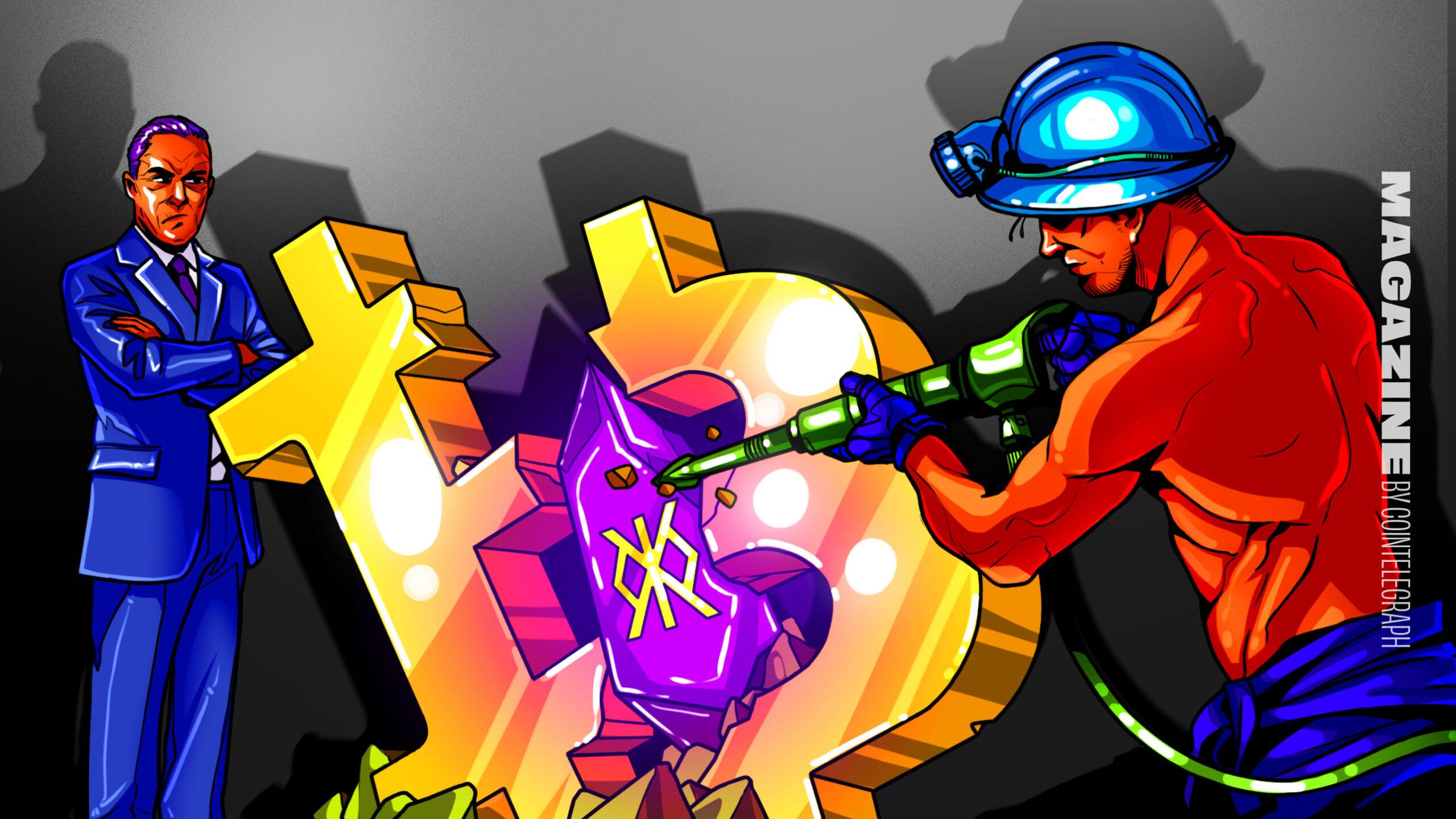Diamonds Standard Co. uses precious gemstones for its pay-as-you-go network.

In an effort to circumvent regulatory issues faced by many centralized exchanges and payment services, Diamond Standard Co. has introduced an alternative blockchain payment system called CARATS.
CARATS breaks away from traditional centralized exchanges and payment services by using tokenized diamonds backed by physical goods to facilitate payments, remittances, and transfers of wealth between users.
Individuals can purchase, trade, transfer, and cash out all or part of their tokenized diamonds for local currency or exchange tokens for physical diamond deliveries.
Standard Diamond Co. achieves this by minting physical coins and bars encrusted with real diamonds, as well as an integrated chip that can audit the diamonds and broadcast a tokenized version of the asset to the blockchain.

Users can send these CARATS via SMS or social media platforms, giving the unbanked a way to send electronic payments.
Because the CARATS system is actually a way to move receipts for physical goods rather than cryptocurrency, the platform is shielded from the usual regulatory hurdles surrounding money transfer services.
This allows CARATS to function as a payments hub without having to obtain a money transfer license in each jurisdiction where the service is active.
Elon Musk’s X social media platform faces these same regulatory challenges as it seeks to become a social media network with an integrated payments system.
In 2023,
Related: X launches AI curated audiences for advertisers
However, platforms must obtain a money transfer license in each of the 50 U.S. states, and one license for every country in which the social media platform’s money transfer service will be active.
This means that hundreds of individual licenses would have to be issued for X to become a viable money transfer service. Cormac Kinney, CEO of Diamond Standard, said:
“Many money transfer companies are stuck in the past, ignoring all the tools available to them or stuck by legal and regulatory obstacles to payments and transfers.”
“This is a tough problem to crack, even for a forward-thinking payments innovator like Elon Musk, whose X platform cannot do business as a money transfer service in 34 U.S. states and 200 other jurisdictions around the world,” he explained.
Likewise, centralized cryptocurrency exchanges face the same challenges of having to obtain remittance licenses and other permits to operate in each jurisdiction in which a particular platform offers its services.
Despite these strict regulations, several centralized cryptocurrency exchanges that hold remittance licenses still engage in questionable practices, resulting in loss of customer assets and the downfall of FTX in 2022.
Obtaining these regulatory clearances is often time-consuming and burdensome. IBTCEX, Huobi HK, QuanXLab and four other exchanges recently withdrew their applications for operating licenses in the Hong Kong market.


